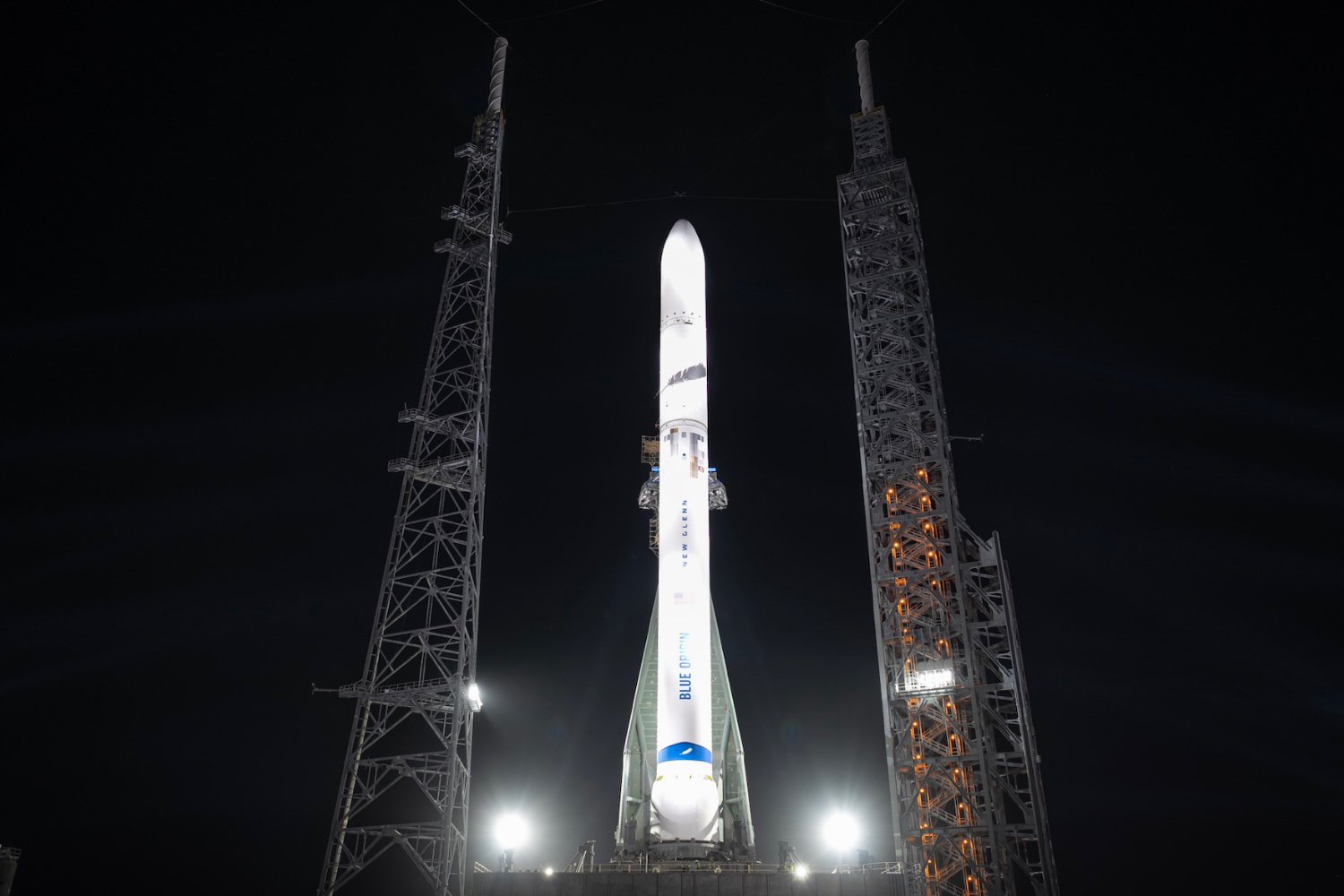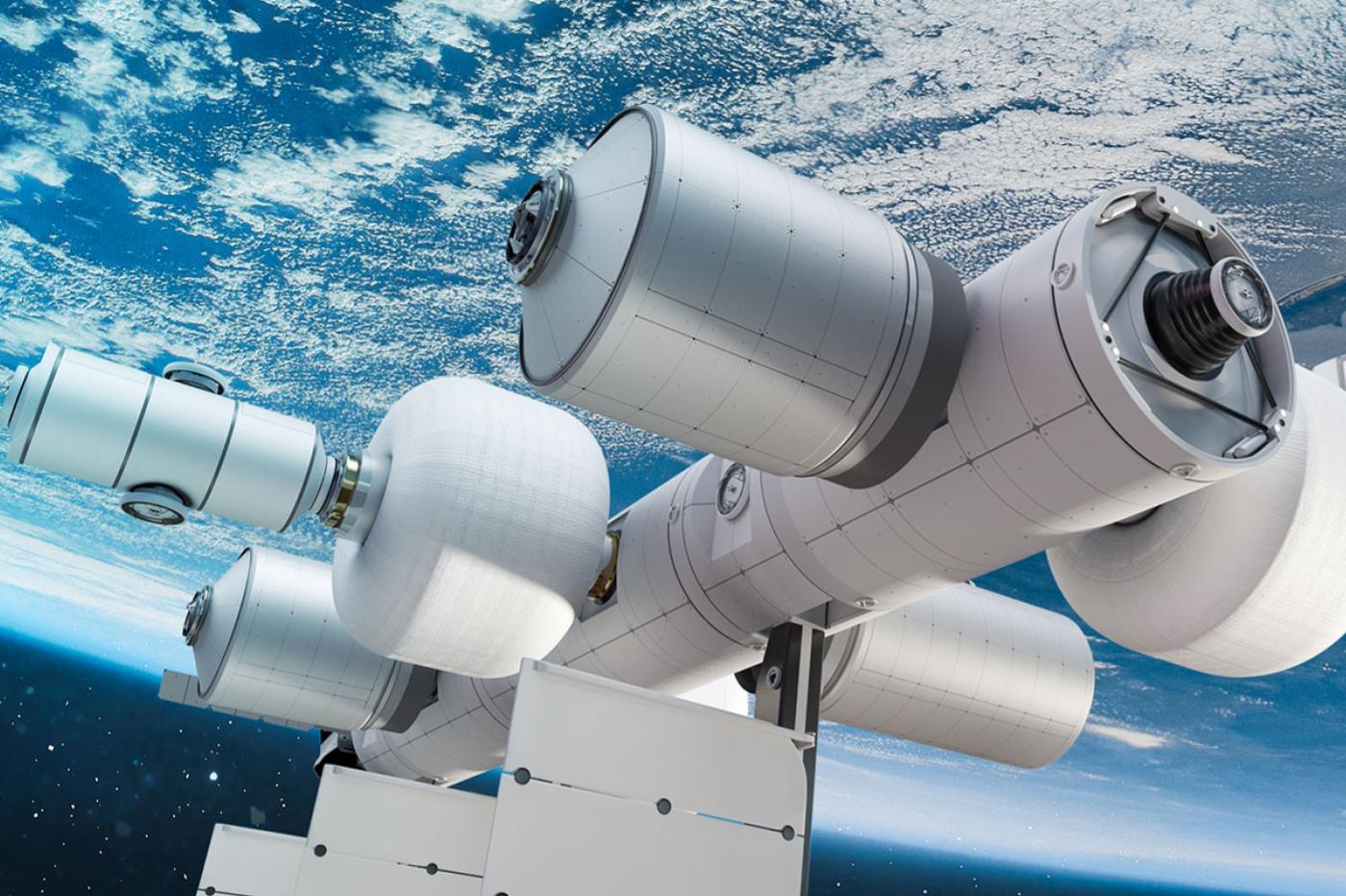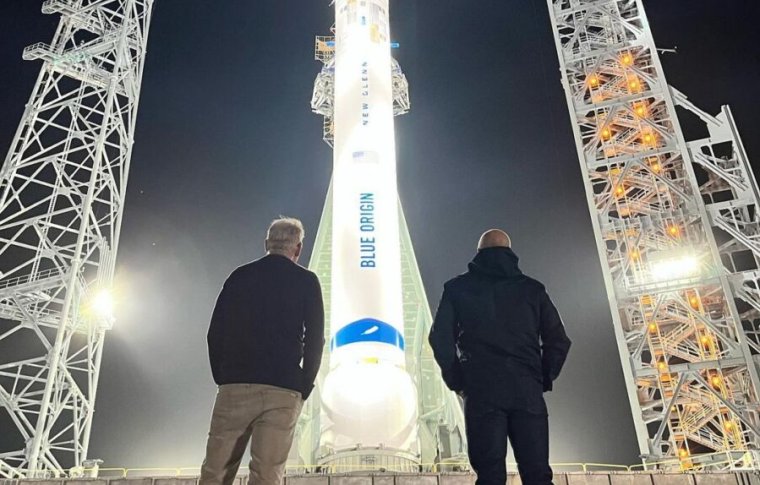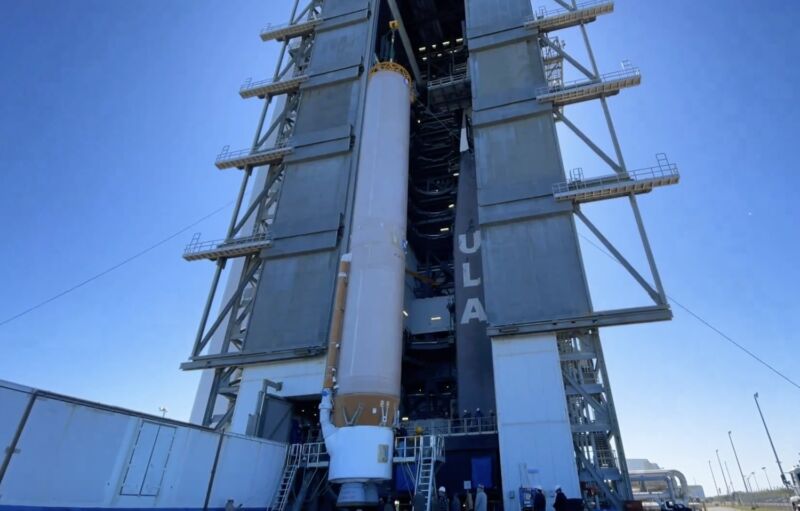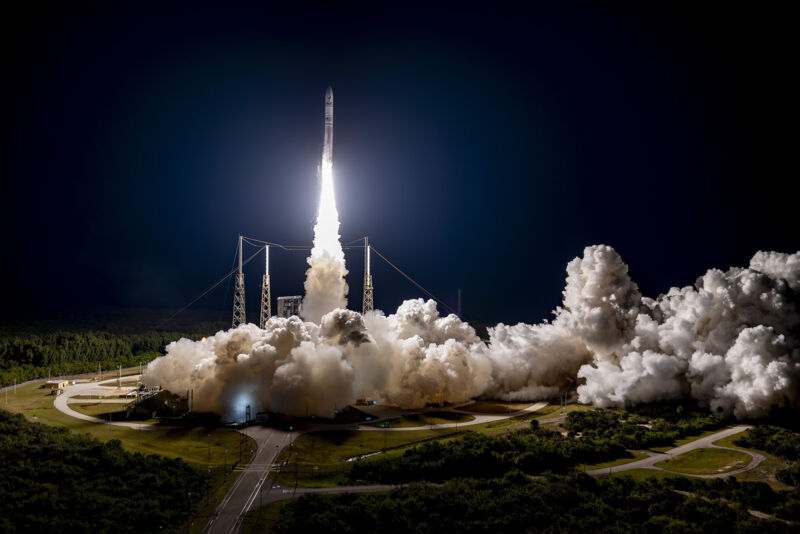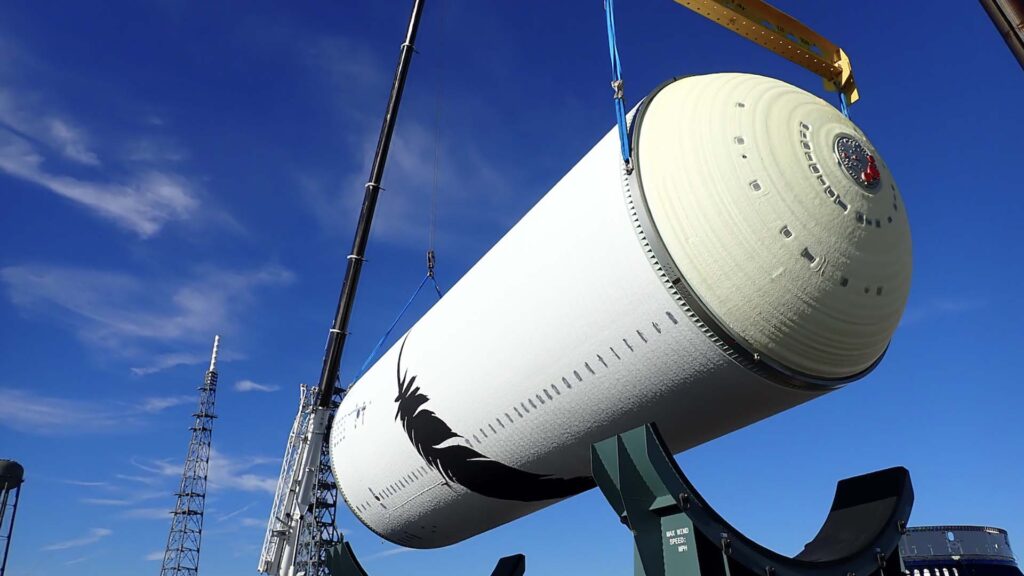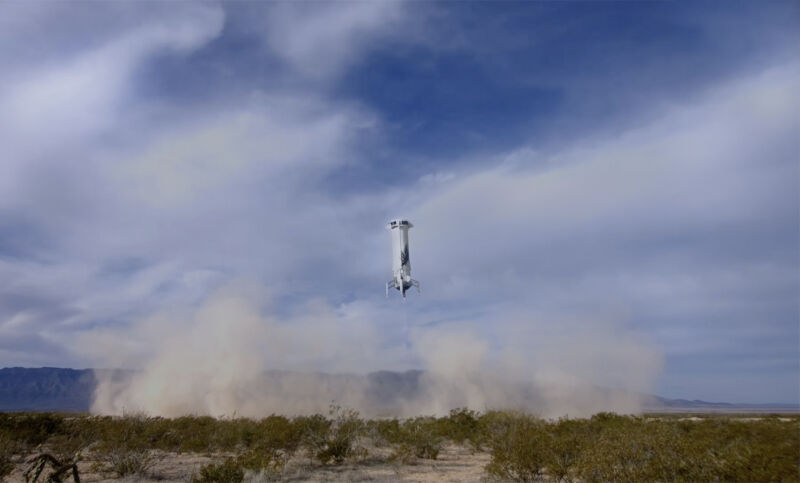-
 chevron_right
chevron_right
Rocket Report: Blue Origin to resume human flights; progress for Polaris Dawn
news.movim.eu / ArsTechnica · Friday, 5 April - 11:00 · 1 minute

Enlarge / Ed Dwight stands in front of an F-104 jet fighter in 1963. (credit: Bettmann Archive/Getty Images )
Welcome to Edition 6.38 of the Rocket Report! Ed Dwight was close to joining NASA's astronaut corps more than 60 years ago. With an aeronautical engineering degree and experience as an Air Force test pilot, Dwight met the qualifications to become an astronaut. He was one of 26 test pilots the Air Force recommended to NASA for the third class of astronauts in 1963, but he wasn't selected. Now, the man who would have become the first Black astronaut will finally get a chance to fly to space.
As always, we welcome reader submissions , and if you don't want to miss an issue, please subscribe using the box below (the form will not appear on AMP-enabled versions of the site). Each report will include information on small-, medium-, and heavy-lift rockets, as well as a quick look ahead at the next three launches on the calendar.

Ed Dwight named to Blue Origin's next human flight. Blue Origin, Jeff Bezos's space company, announced Thursday that 90-year-old Ed Dwight , who almost became the first Black astronaut in 1963, will be one of six people to fly to suborbital space on the company's next New Shepard flight. Dwight, a retired Air Force captain, piloted military fighter jets and graduated test pilot school, following a familiar career track as many of the early astronauts. He was on a short list of astronaut candidates the Air Force provided NASA, but the space agency didn't include him. It took 20 more years for the first Black American to fly to space. Dwight's ticket with Blue Origin is sponsored by Space for Humanity, a nonprofit that seeks to expand access to space for all people. Five paying passengers will join Dwight for the roughly 10-minute up-and-down flight to the edge of space over West Texas. Kudos to Space for Humanity and Blue Origin for making this happen.


